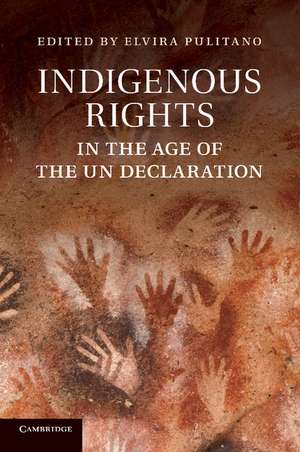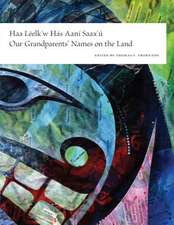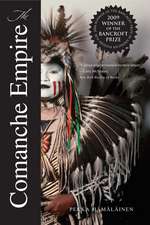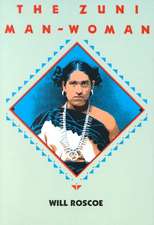Indigenous Rights in the Age of the UN Declaration
Editat de Elvira Pulitanoen Limba Engleză Paperback – 9 iul 2014
| Toate formatele și edițiile | Preț | Express |
|---|---|---|
| Paperback (1) | 383.66 lei 6-8 săpt. | |
| Cambridge University Press – 9 iul 2014 | 383.66 lei 6-8 săpt. | |
| Hardback (1) | 785.17 lei 6-8 săpt. | |
| Cambridge University Press – 23 mai 2012 | 785.17 lei 6-8 săpt. |
Preț: 383.66 lei
Nou
Puncte Express: 575
Preț estimativ în valută:
73.42€ • 76.56$ • 61.02£
73.42€ • 76.56$ • 61.02£
Carte tipărită la comandă
Livrare economică 21 martie-04 aprilie
Preluare comenzi: 021 569.72.76
Specificații
ISBN-13: 9781107417014
ISBN-10: 1107417015
Pagini: 370
Dimensiuni: 152 x 229 x 20 mm
Greutate: 0.49 kg
Editura: Cambridge University Press
Colecția Cambridge University Press
Locul publicării:New York, United States
ISBN-10: 1107417015
Pagini: 370
Dimensiuni: 152 x 229 x 20 mm
Greutate: 0.49 kg
Editura: Cambridge University Press
Colecția Cambridge University Press
Locul publicării:New York, United States
Cuprins
Indigenous rights and international law: an introduction; 1. Indigenous self-determination, culture and land: a reassessment in light of the UN Declaration on the Rights of Indigenous Peoples; 2. Treaties, peoplehood and self-determination: understanding the language of rights in the UN Declaration; 3. Talking up indigenous peoples' original intent in a space dominated by state interventions; 4. Australia's NT intervention and indigenous rights on language education and culture: an ethnocidal solution to aboriginal 'dysfunction'?; 5. Articulating indigenous statehood: Cherokee state formation and implications for the UN Declaration on the Rights of Indigenous Peoples; 6. 'The freedom to pass and repass': can the UN Declaration on the Rights of Indigenous Peoples keep the US-Canadian border ten feet above our heads?; 7. Traditional responsibility and spiritual relatives: protection of indigenous rights to land and sacred places; 8. Seeking the corn mother: transnational indigenous community building and organizing, food sovereignty and native literary studies; 9. 'Use and control': issues of repatriation and redress in American Indian literature; 10. Contested ground: 'Äina, identity and nationhood in Hawaii; 11. Kānāwai, international law, and the discourse of indigenous justice: some reflections on the Peoples' International Tribunal in Hawaii; Afterword: implementing the Declaration.
Descriere
Elvira Pulitano examines the relevance of international law in advancing indigenous peoples' struggles for self-determination and cultural flourishing.







